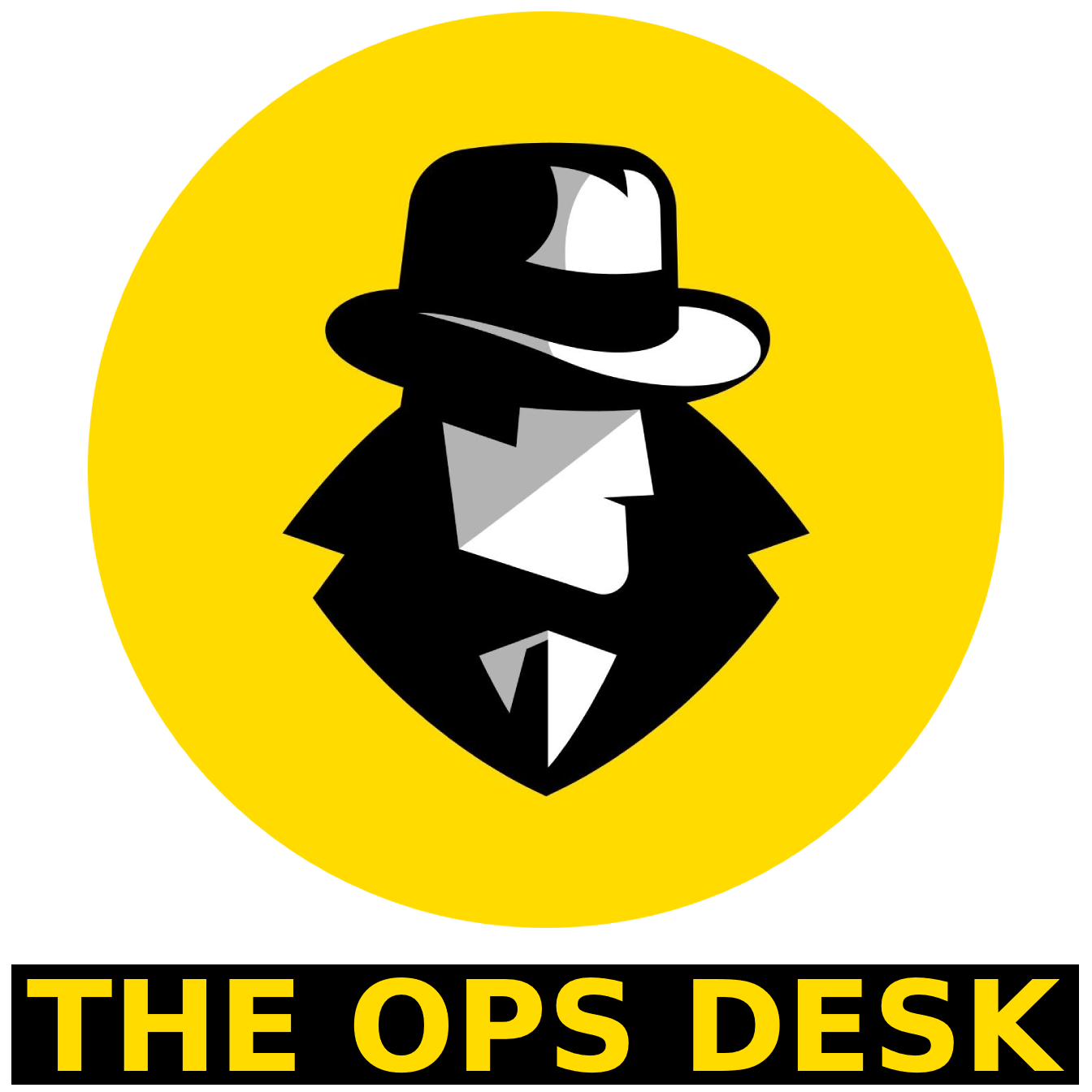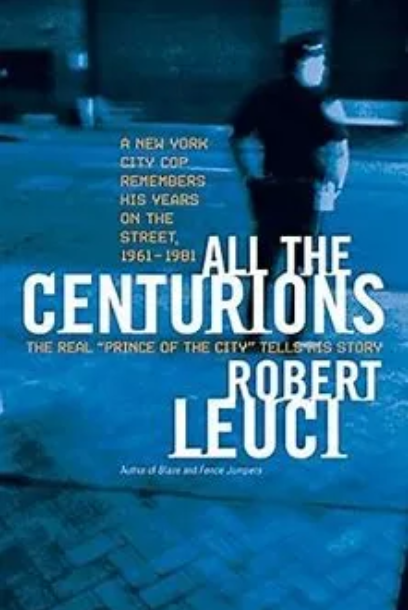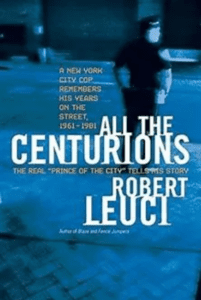This week, New York State’s former Lieutenant Governor Brian Benjamin walked out of federal court after his bribery charges were dismissed by Federal Judge Paul Oetken. Oetken stated that the prosecutors could not show a true quid pro quo in his dealings with real estate developer Gerald Migdol. Benjamin had requested that Migdol help him raise funds and conceal where they came from. Benjamin later allegedly took steps to steer $50,000 in state funds to a charitable organization headed by Migdol. The judge found that these two separate acts did not constitute an arrangement agreed upon by both parties and bribery could not be proven without such agreement.
In other typical New York political news, former Andrew Cuomo aid, Joseph Percoco is anticipating having his bribery and honest services fraud case dismissed by the US Supreme Court after oral arguments ended in November. Percoco was convicted in March of 2018 for soliciting bribes while he was working for Cuomo’s re-election campaign. Percoco was a government employee both immediately before and immediately after the election. He was one of at least 5 people convicted of bribery and fraud related crime associated with Cuomo’s Buffalo Billion campaign.
These recent decisions are closely related to the critical McDonnell v United States case that the US Supreme Court decided in 2016. This case, involving the convicted former Governor of Virginia, determined that the federal statutes on bribery were too vague to uphold a conviction without a clear quid pro quo agreement between a politician and another party. Money can be given, loaned, donated and any positive result of that money is not a crime unless a clear agreement is made. It also called into question the definition of “official act” by a politician. (McDonnell had promoted a company that gave him money during dinner parties as the governor’s mansion, which the court decided was not an official act). The case also implied that “influence” cannot be construed as corruption. In a rare nonpartisan vote SCOTUS decided 8-0 in favor of McDonnell. And we can’t really disagree. There is so much suspect money flowing through our politicians’ hands it is often impossible to assign criminality to a particular transaction.
Nonetheless, this decision sent shockwaves through the public corruption cases that were ongoing by federal prosecutors. In New York alone, the case against incompetent Mayor Bill DeBlasio was dropped. The case against the mayor and his non-profit Campaign for One New York, which to this writer’s eye showed clear corruption, was dropped by Preet Bahrara and the Southern District of New York. DeBlasio went on to create ThriveNYC to keep the hustle going, again without consequences. We’re still living with that ineffectual money pit here in New York.
In 2016, former longtime New York State Assembly Speaker Sheldon Silver was convicted of numerous corruption related charges. He was allowed to remain free as courts determined the effect of McDonnell v. United States on his charges. In 2017 his conviction was overturned.
New York Senate Majority Leader Dean Skelos was arrested by the feds and charged with multiple counts of bribery. In one case, and let us know if this sounds familiar, Skelos secured a job for his son at a job he was unqualified for at a medical malpractice insurance company that did business with the state, in return for favorable legislation. Skelos’ son threatened his supervisor and asserted, “That he didn’t need to show up to work because his father was the Majority Leader of the State Senate”. Skelos’ convictions were also overturned due to the McDonnell decision. (Ultimately, Skelos and Silver were so corrupt they were retried and found guilty of actual quid pro quo arrangements)
There are two solutions to the increasing corruption that we see at all levels of our government. The first is to change the bribery and corruption-related laws. In McDonnell v United States (2016) and in Skilling v United States (2010) the Supreme Court told us that these laws are too vague. Skilling was a warning shot towards legislators and McDonnell was the real thing. They both stand for the proposition that the laws desperately need to be changed. Legislatures need to restrict the money that a sitting politician is allowed to take.
So: What should those changes look like? First, clearly define what an official act is. Clearly and more broadly define what bribery is. Create laws that force public documentation of expenditures that may relate to government influence. None of this seems to be even in the discussion stages, and the silence of the Department of Justice on this matter is not helping at all. (Any update on the money that Hunter Biden “earned” in China, Russia, and Ukraine?). DOJ should clearly express its frustrations with the current legal quandary and request new laws. (I’m sure the US Congress and legislative bodies around the country are in the process of tackling this problem with gusto. Or not).
Which brings us to the other solution. This simple solution will encourage the suggestion above and, in many cases, eliminate the corrupt politician completely. STOP VOTING FOR THESE PEOPLE. Kathy Hochul was elected even though her Lt. Governor was getting ready for prison. Andrew Cuomo was elected twice even though his bag man was clearly guilty, AND Cuomo had shuttered his own Moreland Anti-Corruption Commission. Mayor DeBlasio was overwhelmingly re-elected after Preet Bharara successor Joon Kim told us that he couldn’t secure a conviction simply due to the new case law. Speaker Sheldon Silver was elected Speaker of the Assembly despite the looming federal charges and only fourteen days before he was arrested. Dean Skelos was overwhelmingly elected in 2014 despite corruption allegations and a looming federal indictment. He never resigned his Senate seat but was expelled following his conviction.
People need to hold politicians accountable. As tax burdens increase, media becomes more partisan, and information is harder to decipher, it is critical that voters take the time to learn the truth about the people that want to represent them. It must be done before the country devolves into a typical banana republic, where the only incentive to public service is the opportunity to line one’s pockets – and the citizens are left attempting to curry favor with their overseers.
One of our friends has been saying for decades that we are just a dressed up banana republic. Every year I agree with him more and more. Its time to turn the tide America!
And by the way: How did Maxine Waters afford this house?
Artwork By Jasper Johns - Whitney Museum of American Art, Fair use, https://en.wikipedia.org/w/index.php?curid=23128629











